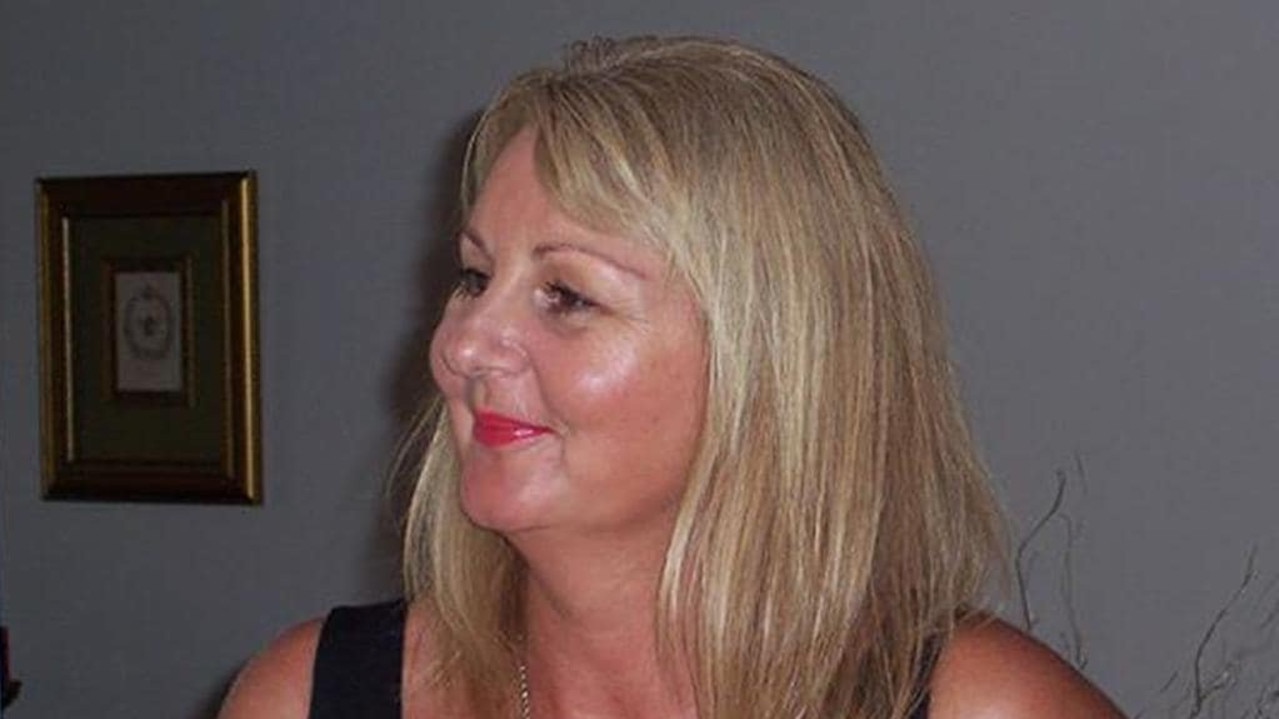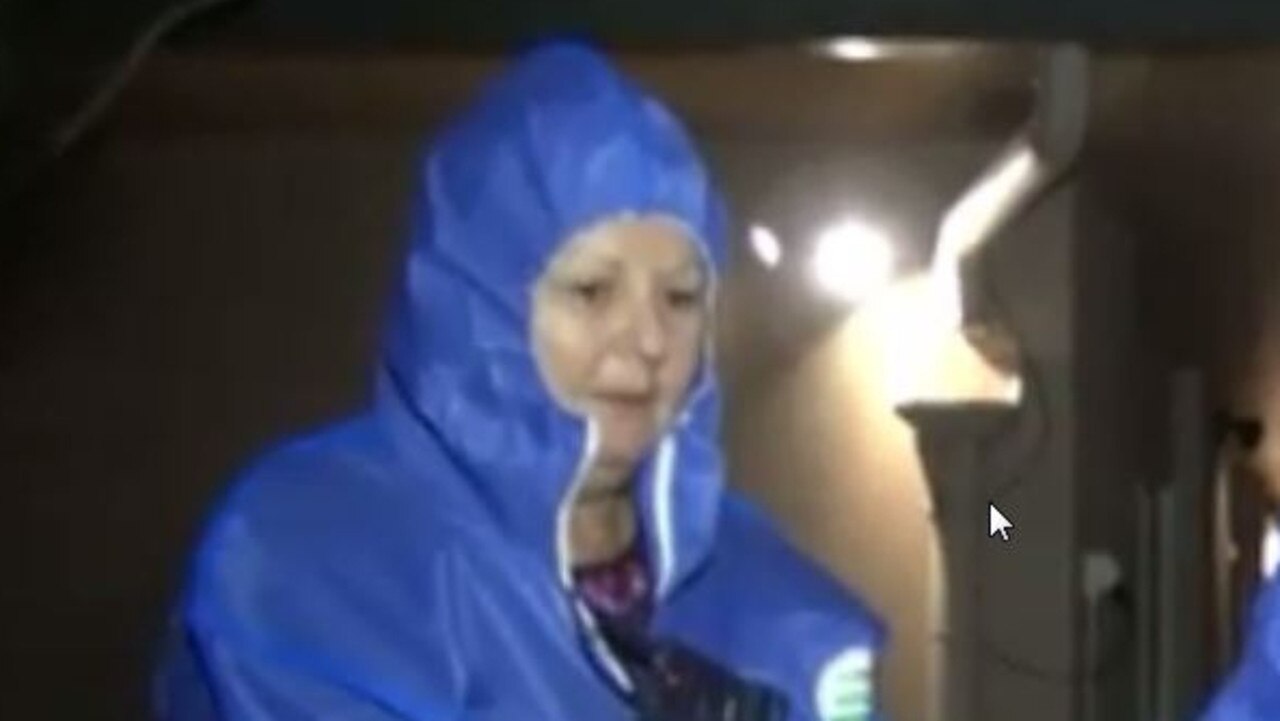‘No body, no parole’ laws to keep black widow Lindy Williams behind bars
Black widow killer Lindy Williams’ desperate jailhouse confession of how she killed, dismembered and dumped her lover’s body has failed to win her early release.
Police & Courts
Don't miss out on the headlines from Police & Courts. Followed categories will be added to My News.
Black widow Lindy Williams’ desperate jailhouse confession detailing how she killed, dismembered and dumped her lover’s body has failed to convince the parole board that she is eligible for early release.
The 65-year-old killer is serving a life sentence for the murder of her former partner George Gerbic, whose dismembered torso was discovered on fire after being dumped on the side of a road near Gympie 2013.
Despite not being eligible for parole until 2034, Williams launched an audacious bid for early release late last year, pleading exceptional circumstances.
But she first had to convince the board she had met the requirements of the state’s “no body, no parole” legislation.

Under that law, prisoners must prove they have satisfactorily co-operated in helping to identify the location of their victim’s remains before their parole application can be considered.
The rest of Mr Gerbic’s body has never been found, and a parole board hearing in October last year heard Williams, who had previously proclaimed her innocence, gave a startling confession to police in the months after she was found guilty of his murder in 2018.
She detailed how she spent days hacking apart her dead lover’s body with a Bunnings electric saw in the bathroom of their home before dumping the pieces in random wheelie bins from Gympie to the Sunshine Coast.
Despite the belated confession, a Parole Board Queensland spokesman has confirmed Williams’ “no body, no parole” application has now been refused.
If she had been successful, she still would have faced a further hurdle in convincing the board she was eligible for release on exceptional circumstances parole.
The “no body, no parole” amendment took effect in 2017, incentivising those convicted of homicide to reveal the location of their victim’s remains in an attempt to reduce the suffering of their loved ones.

Prior to the confession after her conviction, Williams denied having anything to do with the death of Mr Gerbic, using a sophisticated web of lies to cover up his death for months.
The judge who sentenced her in 2018 described her actions in murdering, decapitating and dismembering her victim as “heartless and horrific”.
A police officer called to give evidence about Williams’ jailhouse confession at last year’s parole hearing and said by the time she came clean, the remains of Mr Gerbic that were disposed of in wheelie bins would likely have already been 13 meters deep in landfill.
He said by then, a search was not feasible and the probability of finding anything was extremely low.





